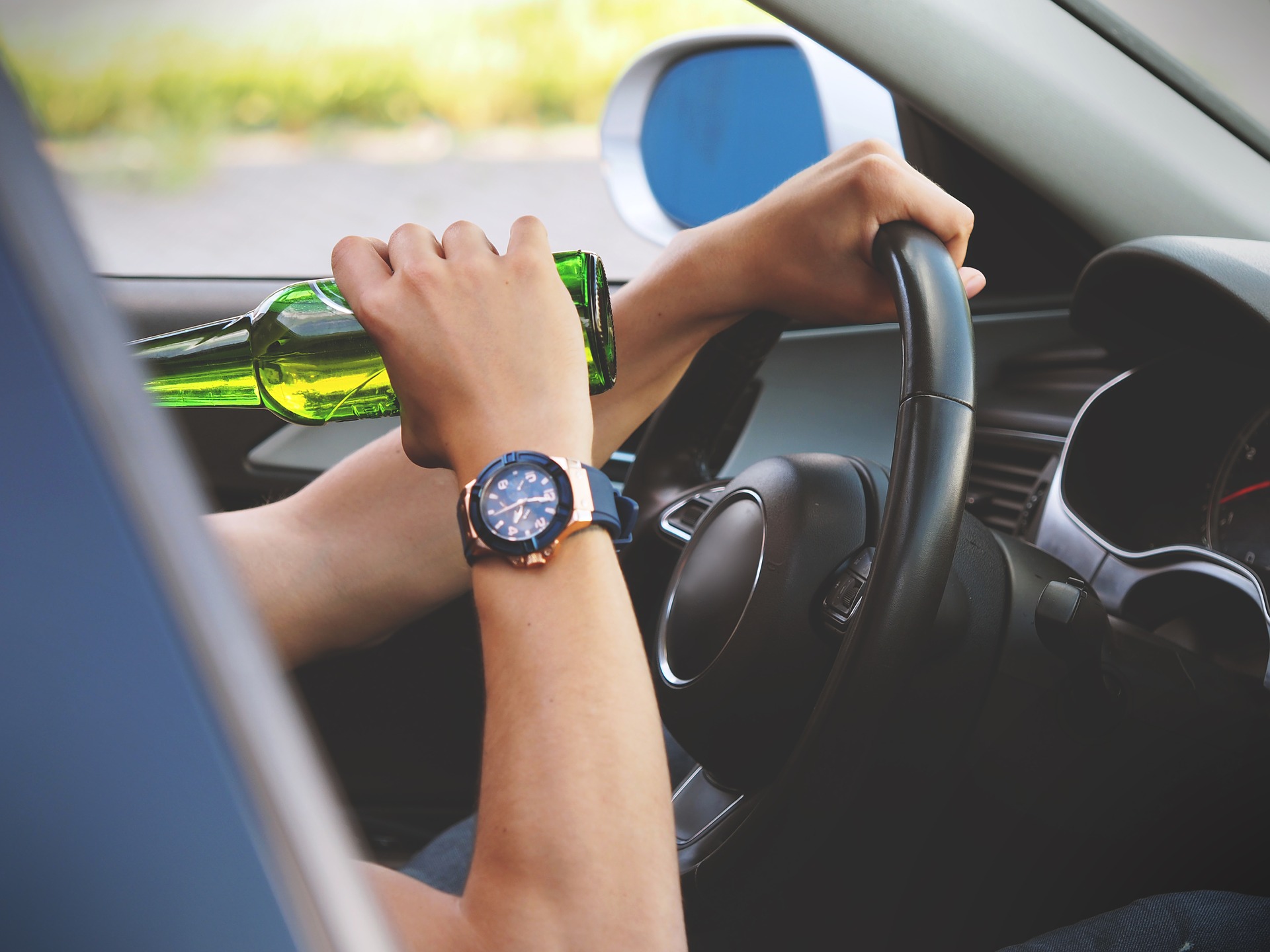
The beginning of December saw the launch of the drink driving Christmas campaigns in the UK and in Ireland. In recent years, drink driving offences have decreased, but the festive season continues to be a sensitive period.
The message is always "never ever drink and drive", though the two campaigns focus on different aspects.
The UK Road Safety minister, Andrew Jones, stated: “This Christmas we are specifically targeting the biggest perpetrators of this devastating crime—young men, but our message to everyone remains the same: don’t drink and drive.”.
The UK campaign targets those who still think it’s okay to have ‘a couple’ of drinks before driving and provides a positive reason to not drink that second drink if you’re driving—because something even better is happening tomorrow. A second drink doubles the chances of being in a fatal collision and missing out on all of it. It is specifically targeting young men as 62% of drink drivers killed on our roads are men.
Apart from the risks to your own life, that of your passengers and other road users, if you are convicted of drink driving in the UK, you can risk a minimum 12 month driving ban, a criminal record, a hefty fine, up to six months in prison and an endorsement on your licence for 11 years—it can cost you your job.
Regarding Ireland, Garda forensic investigation files into fatal crashes between 2008 and 2012, showed that alcohol was a factor in 38% of all fatal collisions (driver, passenger, pedestrian, motorcyclist and cyclist), claiming the lives of 286 people—29% of drivers and motorcyclists killed had consumed alcohol. The Irish drink driving campaign focusses on the consequences of drink driving, and it is called “Crashed lives”. It is a series of videos showing how drink driving can smash a life into pieces. This latest advert tells the harrowing story of the 4 year old Ciarán Treacy, who was killed in a head-on collision with a drunk driver in April 2014.
During the Christmas festive season and throughout all the year, never ever drink and drive. If you go to a celebration, plan for a safe method of transport back home: get a taxi or appoint a designated driver in your group who won’t drink, or book some accommodation—but be aware, you might still be under the effects of alcohol the morning after.
